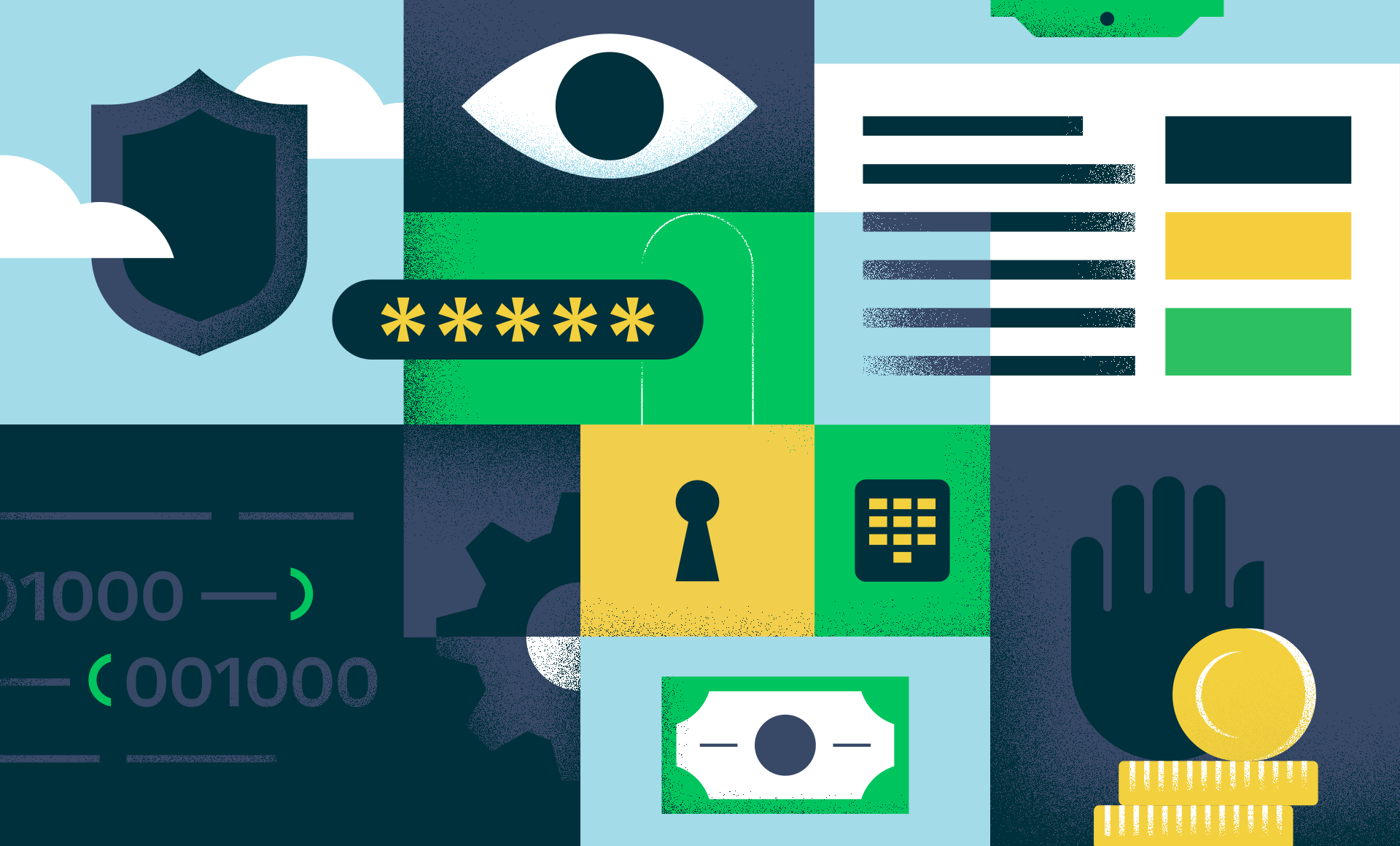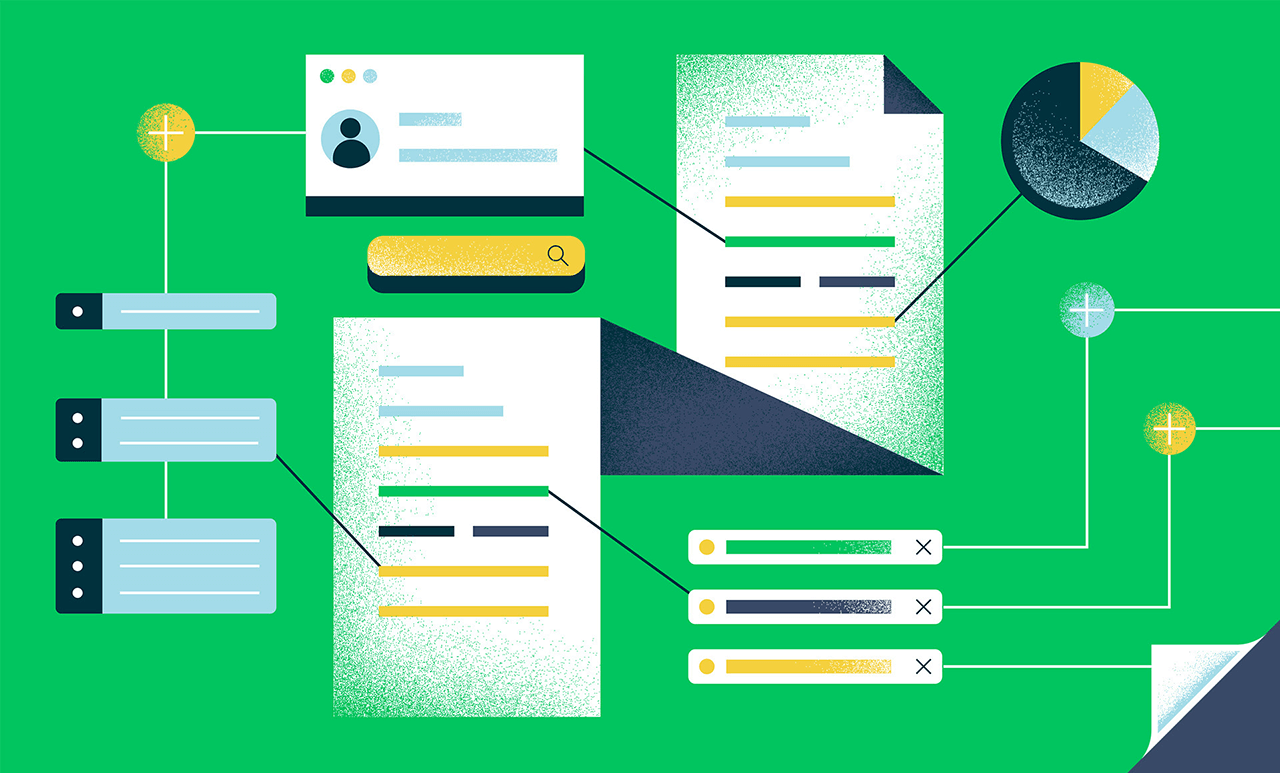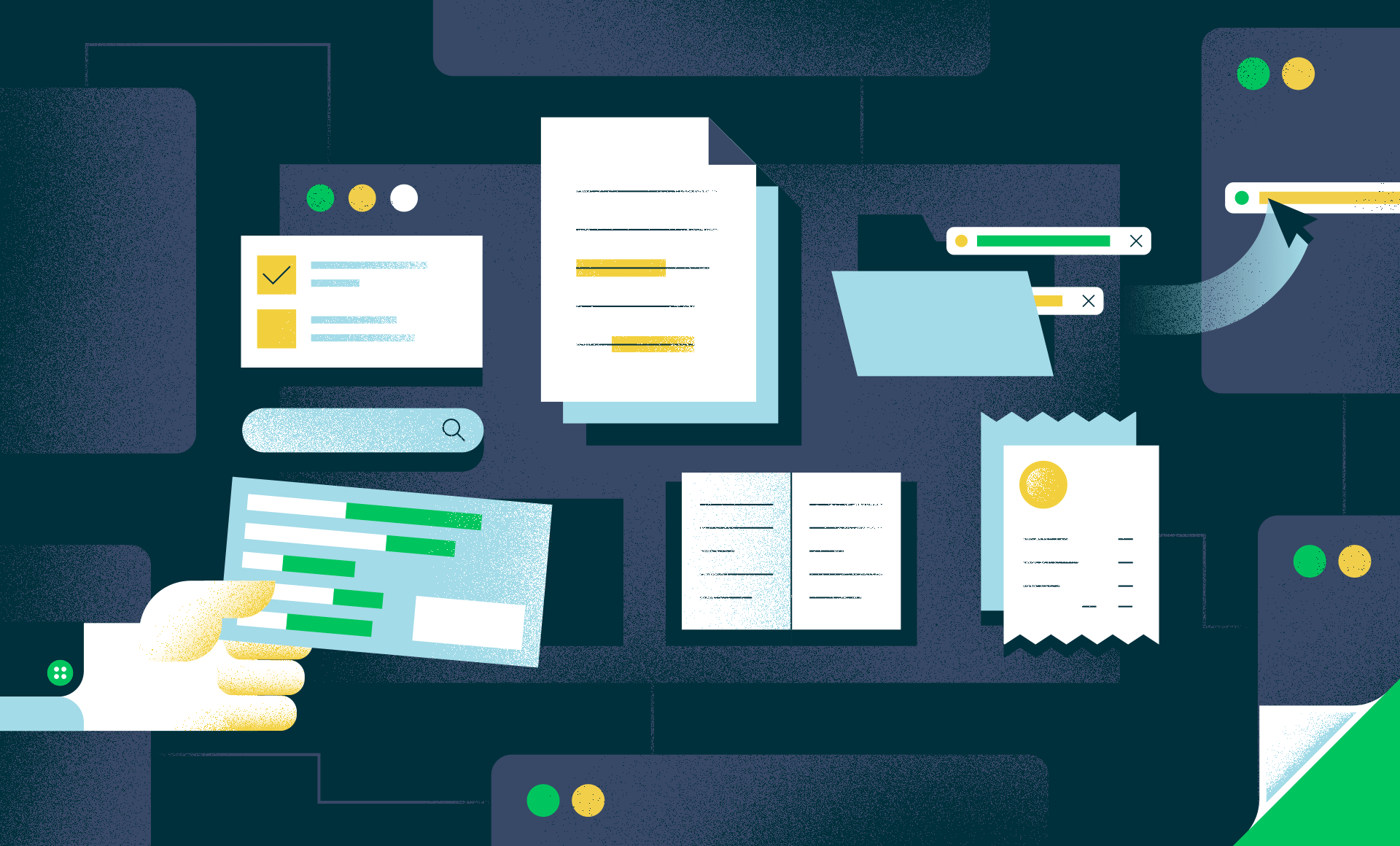This article is the last of a series of four that focuses on key industry trends that are driving and enabling a scalable approach to legal work with the help of AI.
Part 1 of this series focused on the ways that collaboration can help lawyers scale their work, using Kira Systems’ Smart Field Sharing capability as an example. In Part 2, we addressed the role that today’s Knowledge Management practices play in helping lawyers scale and leverage their work, and how Smart Field Sharing fits in with trends in the KM field. Part 3 discussed the disaggregation of legal work, and the role that tools like Smart Field Sharing are playing in reshaping the way legal services are delivered.
The final article in this series addresses the important role that trust plays in all of these trends that are reshaping the way legal services are delivered. Trust has always been an underpinning of the legal profession’s approach to ethics and professionalism. Confidentiality of client information, in particular, is a cornerstone principle, reflected in many of the profession’s rules and practices.
The shift of legal work to digital media, and the digital transformation of legal work, has elevated concerns about confidentiality. As digital media makes client documents and information more portable, the risk of violating client confidentiality is of great concern to lawyers. This is especially true in an era where collaboration is the norm. Technology that allows lawyers to collaborate, scale, and leverage their work across organizational, disciplinary, and jurisdictional boundaries requires the strongest possible safeguards.
Confidentiality at the Core
Protecting the confidentiality of client documents is built into our technology and our business model in several ways. Unlike most machine learning systems, Kira’s is developed with the protection of documents built right into the algorithms.
Our no-code machine learning technology is part of this commitment to preservation of document confidentiality. With our Quick Study capability, customers build their own machine learning models using their own data - without us being in the loop, and without exposing the data to outside data science teams or expensive consultants as many other companies would require.
And when customers train new custom smart fields, Kira doesn’t retain in its models any words or phrases from documents used to train it. In this way, protecting confidentiality is part of Kira’s machine learning foundation, which helps ensure that our customers’ data (or their clients’ data) never ends up somewhere it should not be - even when it has been used to train a model.
Moreover, our default is to never never look at or use customer data without permission, or use it in training our machine learning models. This sets us apart from many other machine learning providers, such as search engines that use your search query and the documents that you click on to improve their internal models. Our out-of-the-box smart fields are built either with publicly available documents or documents provided to us with explicit permission.
In all these ways, protecting the confidentiality of our customers’ data (and their clients’ data) is built into the way we do business, and that sets us apart. Many AI-based companies make their money by acquiring as much data as possible, then giving that data to their data scientists who in turn produce machine learning models that get installed into products. Others are centered around bespoke machine learning solutions, which leverage consulting services to build machine learning models on a client-by-client basis. Neither approach allows a lawyer to scale their ability to do work and maintain their obligation of confidentiality, and they can be quite different from our no-code machine learning approach. We believe in building products, not selling development hours. This means users don’t need any special understanding of machine learning technology to derive value from the product, and it also means that users can get the most out of our technology without exposing their data to consultants or data science teams.
Confidentiality and Smart Field Sharing
In the world of scaled, distributed, and leveraged legal work that we’ve been describing in this series, Kira’s Smart Field Sharing allows lawyers to share the machine learning models they have created using their own document sets, across organizational, geographical, and jurisdictional boundaries.
To further ensure the confidentiality of customer data, Kira has combined Natural Language Processing with the best in privacy technology: Differential Privacy. We have developed a first-of-its-kind algorithm to create differentially private smart fields, making it impossible for someone using a shared smart field to infer the contents of the underlying data used to create it. Our patent-pending solution represents over 16 months and hundreds of hours of research and experimentation.
Traditional Differential Privacy techniques add “noise” to the data or model in order to protect the identity of the people whose data is used to train the model. This assumes that the names of those people aren’t included in the data, as names aren’t usually a relevant data point. However, for text data, the words themselves are the data that need protection. Simply hiding the identity of the document owner is far from enough; the words themselves need to be kept confidential, because legal communications and documents can contain all kinds of information that needs to be protected - strategies, relationships, prices, opinions, intentions.
Instead of adding noise, our new approach to Differential Privacy adjusts smart fields shared with Kira’s Smart Field Sharing feature so that the fields simulate having seen every single possible word, number and symbol, not just those that were in the training data. This ensures an adversary cannot reverse engineer any of the text used to train it. This remains true no matter how much insider knowledge of the training documents and Kira’s algorithms the adversary could ever theoretically have.
The mathematics of differential privacy ensures that regardless of the computational power an attacker can throw at a Kira smart field, and no matter how many operations, transformations, or modifications an attacker makes to it, the words from the confidential documents used to train the smart field cannot be inferred, ultimately keeping their contents confidential.
Confidentiality in Collaborative, Scaled, and Disaggregated Legal Services
Smart Field Sharing increases the ability of lawyers to distribute their expertise without compromising their duty of confidentiality. The protection that’s built into all Kira offerings extends to smart fields that lawyers create and share across their network of colleagues, clients, and partners.
For example, a lawyer specializing in hospital mergers can use data from past transactions to train a Kira smart field that will identify patient rights requirements in documents. That lawyer could share that Patient Rights smart field with an acquiring hospital, which might use it for purposes of not just post-merger integration, but also ongoing compliance. This smart field could continue to do its work even when that lawyer who originally trained it is not around. This ‘virtual secondment’ of that lawyer’s knowledge and experience to the client hospital offers law firms the potential for entirely new service delivery models.
This is the future of legal: a more scalable, distributed environment in which AI enables lawyers to easily and safely share, distribute, and amplify their work.
To return to the analogy with which we started this series, lawyers have learned the lessons that musicians have learned over years of technology development in recording, broadcasting, and digitally streaming content: Legal practice, like music, does not have to be bound by the customized delivery of their expertise in discrete legal matters. Lawyers, like musicians, can now embed their expertise in digital tools and share it. Moreover, with Kira, they can do so with confidence they are able to meet their ethical duty to preserve client confidentiality. A global law firm can share customized machine learning models in order to review contracts from multiple languages; a lawyer working in a specialized industry can develop custom smart fields that extract and analyze clauses from niche industry agreements, and share those smart fields with clients for ongoing use.
AI gives lawyers a platform to extend their expertise, embedding it in machine learning models that can be leveraged through collaboration, through knowledge sharing, and through more efficient, scalable workflows. This is central to Kira’s vision; sparking the unimaginable by empowering professionals to capture and share their expertise. Smart Field Sharing, and its built-in protections that help lawyers fulfill their duty of confidentiality, are taking us closer to that vision.
Read the latest coverage on Differential Privacy and Smart Field Sharing:
- Aidan Macnab, Law Times: New Differential Privacy Algorithm Allows for Secure Sharing of Machine-Learning Legal Tech
- Zach Warren, Law.com: Kira Tackles AI Quandary: How to Safely Facilitate Machine Learning Model Sharing
- Richard Tromans, Artificial Lawyer: Kira Guarantees Confidentiality with Differential Privacy
- Bob Ambrogi, LawSites: In First for Contracts AI, Kira Creates Algorithm to Protect ‘Inferential’ Confidentiality of Training Data



